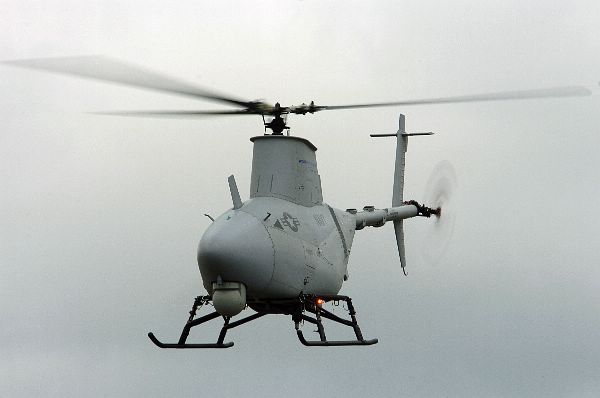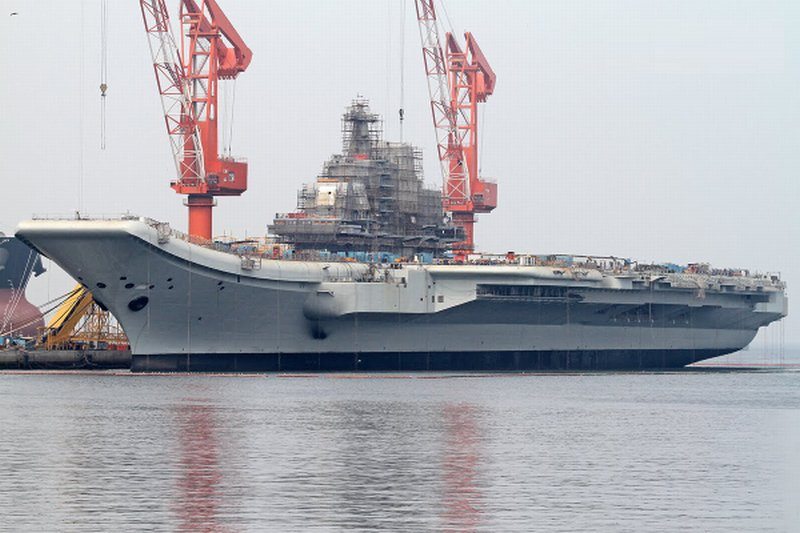A drone helicopter that lost radar contact with NATO over Libya is a Fire Scout, an unmanned US chopper, defense officials said Tuesday, revealing the use of the new robotic aircraft in the war.
“We don’t know yet” why NATO’s command center in Naples, Italy lost contact with the MQ-8B Fire Scout, a US defense official told AFP on condition of anonymity.
It was unclear whether the small helicopter, equipped with cameras and sensors for surveillance flights off naval ships, had been shot down or suffered mechanical or communications problems.
The Pentagon had previously announced the deployment of two armed Predator drones for the NATO-led air campaign against Libyan leader Moamer Kadhafi’s forces, but had not previously cited any role for the unmanned helicopter.
The aircraft was one of two Fire Scouts deployed to the Libya conflict, initially aboard a naval frigate, the USS Halyburton, a second defense official said.
The alliance lost track of the helicopter at 0720 GMT Tuesday in Libya’s central coastal area, said NATO military spokesman Mike Bracken.
“This drone helicopter was performing intelligence surveillance and reconnaissance over Libya to monitor pro-Kadhafi forces threatening the civilian population,” Bracken told a news conference in Brussels via videolink from Naples.
Libyan state television showed footage of a burnt-out helicopter it identified as an Apache, reportedly downed near Zliten, 100 miles (160 kilometers) east of the capital.
But NATO denied losing any attack helicopters.
The Fire Scout, manufactured by Northrop Grumman, carried out its first flight in 2006 and was deployed on a guided-missile frigate, the USS McInerney, in 2009 for counter-narcotics efforts.
The Fire Scout can reach an altitude of 20,000 feet (6,000 meters), fly at a speed of more than 115 knots (200 kilometers) per hour and stay in the air for more than eight hours, employing sensors and radar to find and track targets.
The US Navy had a fleet of 15 Fire Scouts before Tuesday’s incident and plans to build 168 of the helicopters, proposing funding for three Fire Scouts in 2011 and a dozen in 2012.
Three Fire Scouts have also been deployed for operations in Afghanistan, officials said.
On August 2, American commanders in Washington considered shooting down a Fire Scout helicopter when it strayed off course and flew toward the US capital after losing ground communications.
The North American Aerospace Defense Command was on the verge of scrambling F-16 fighter jets to intercept the helicopter when operators regained control of the chopper after 20 minutes.
The loss of the drone in Libya came amid a raging debate in Congress over whether President Barack Obama has overstepped his legal authority by backing the air campaign against Moamer Kadhafi’s forces.
The United States has played mainly a supporting role in the conflict, with allied fighter jets carrying out the overwhelming majority of the air strikes.
Since April, when NATO assumed command of the air campaign, American planes have carried out about 60 sorties on anti-aircraft targets in Libya while Predator drones have fired missiles about 30 times, according to The New York Times.











